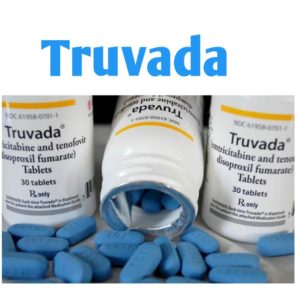
Consumers take the coupon directly to the pharmacy for the more expensive drug and pay no cost-sharing. Couponing is described as a “high stakes” game of chicken with insurance companies that have raised copays on some drugs to encourage the use of less expensive but effective drugs. This is a significant and costly incursion that merits a much closer scrutiny by insurance regulators.Īn article in Bloomberg Business entitled “ That Drug Coupon Isn’t Really Clipping Costs” highlighted a scheme where Valeant Pharmaceuticals International lured consumers to a website providing online coupons promising no out-of-pocket costs for expensive drugs. Pharmaceutical drug manufacturers have found ways to circumvent the terms and conditions of health benefit plans that require cost-sharing for covered prescription drugs. Manufacturer Coupon Campaigns Circumvent Health Plan Contractsīecause state insurance regulators have jurisdiction over the terms and conditions of health insurance contracts, the more important matter of concern in the prescription drug cost debate is ensuring that the cost-sharing requirements of a health insurance contract are effective and enforceable. State regulators must review and examine the character of prescription drug coupons as a form of unauthorized insurance being offered by an unlicensed entity. This is because protecting the enforceability of the terms and conditions of approved health insurance contracts has a direct impact on reducing prescription drug costs. Protecting health insurance contracts from this type of “interference” is an appropriate issue of concern for state insurance regulators. State insurance regulators are just beginning to address inquiries about this new development in the insured market. This is because these coupon copay payments are not paid by the policyholder out-of-pocket but rather are paid by another third-party payer, the pharmaceutical manufacturer. Major medical health plans (insured and self-insured) providing the primary insurance coverage have a duty to protect the terms and conditions of the health insurance contract from such “interference.” Insurers have recently informed policyholders that copay card payments will not count towards meeting their required deductible and out-of-pocket maximums under the terms and conditions of the health plan.

Copay Accumulator Programs as Defense Against Contract Interference

See “ When Discounts Raise Costs: The Effect of Copay Coupons on Generic Utilization,” Amer. The study found that copay coupons meaningfully reduce the use of generic drugs and increase the utilization of branded drugs by up to 60-percent. For the sample of 23 drugs studied during a period from June 2007 to December 2010 researchers estimated the copay coupons increased retail spending of the branded drugs by up to $2.74 billion. The health plan, however, must pay for the higher-cost “brand” prescription.Ī study published last year estimated that drug copay coupons increased retail drug spending by up to 4.6-percent, with each 1-percent increase corresponding to about $1.5 billion in higher drug spending annually. In return (“consideration”) the coupon holder agrees to exchange a less costly “generic” prescription required under the health plan contract for the more costly “brand” prescription without meeting the health plan contract’s higher cost sharing obligation. The copay coupon operates as an insurance contract wherein the sponsor assumes risk as a third-party payer by agreeing to indemnify the coupon holder for higher-cost sharing of more expensive “brand” prescription drugs. In effect, the sponsoring pharmaceutical manufacturer is operating as an unauthorized insurance entity. This arguably predatory practice results in significant upward cost spikes and premium increases for health benefit plans because higher-cost prescriptions are paid by the plans. This practice could be characterized as “tortious interference” with health insurance contracts that is deliberately intended to “disable” the cost-sharing terms and conditions in health plan formularies designed to encourage lower-cost alternatives.

Branded drugs are five times as costly as generics. At first glance this appears to benefit an insured but in reality it only increases dramatically the cost charged to the health plan and later reflected in higher premiums for all. As news accounts about the activities of the companies Turing and Valeant have highlighted, drug manufacturers are employing billions of dollars in copay coupon schemes to increase the sales of prescription brand drugs over less costly generics or alternatives.


 0 kommentar(er)
0 kommentar(er)
